What Are the Tilts of the Scapulae?
4 Postures to Help You Lock Into These Shoulder Actions
SHOULDER ROTATION
WHAT ARE THE TILTS OF THE SCAPULAE?
When we first dive into studying anatomy, it’s all about the basics. Once the foundation is laid, it becomes easier to scaffold more information. There will always be a learning curve, however, especially in the context of yoga. In Chromatic yoga, it’s about more than intellectually understanding anatomy; it’s also about how we integrate our knowledge of anatomy into our bodies from a non-dogmatic point of view.
When studying shoulder anatomy, we are introduced to the basic actions (protraction, retraction, depression, and elevation). In today’s clip, Matt introduces us to the idea of “the tilts of the scapulae.” He explains that it can be a difficult concept to understand, both intellectually and physically. Essentially, it requires the co-activation of opposing muscle groups in order to create a lock for maximum support around the shoulder girdle. We gain insight into the tilts of the scapulae via 4 postures in today’s video.
THE SHOULDER RESET
2-HOUR LIVESTREAM WORKSHOP!
- Technique-infused 2-hour workshop
- Non-dogmatic alignment awareness
- Chest/heart flexibility
- Increase active range of motion of the shoulder
- Learn shoulder anatomy as you practice
- Strengthen rotator cuff for stability and shoulder health
- Gain access to shoulder-focused postures
- Debunk popular alignment
- Skillfully guided sequence by the founder of Chromatic Yoga, Matt Giordano
UPWARD VS. DOWNWARD TILT OF THE SCAPULA
Upward Tilt
To begin integrating the upward tilt of the scapula into our bodies, we can begin by sitting upright and sending the shoulder forward while drawing the elbow back. This naturally sends the scapula climbing up over the rib cage. It’s the pectoralis minor that initiates this action. This muscle helps pull the shoulder down towards the front of the ribs.
Downward Tilt
This can be harder to understand and integrate. The first step here may be to draw the head of the humerus back. When this happens, the bottom wing tip of the scapula pushes forward into the rib cage.
If we pull the rib cage back into the scapulae, as Matt explains in the full class, this creates a “suction cup” effect from the co-activation of opposing muscle groups. This is effective in our yoga practice when stability is required in postures like Chaturanga and arm balances like Side Crow.
WATCH THE VIDEO
WHAT ARE THE TILTS OF THE SCAPULAE?: 4 POSTURES TO LOCK IN ON THESE SHOULDER ACTIONS
SIDE-ANGLE PREPARATION
Part of integrating and understanding the upward and downward tilt of the scapulae is to explore the actions in postures in which we can remove some of the balance and strength elements from the equation.
When Matt demonstrates the downward tilt of the bottom scapula in Side-Angle Preparation, he explains that there is a distinction between where retraction and protraction take place. The initial action is still to pull the head of the humerus back, but understanding that there is a degree of retraction in the upper border of the scapula but protraction in the bottom wingtip helps us to negotiate its placement. We create the protraction by pressing the elbow down into the top of the leg; this helps the bottom tip slide forward. From here, we can explore what the sensation feels like in order to record this pattern into our bodies.
200 HOUR ONLINE TEACHER TRAINING
GET CERTIFIED & DEEPEN YOUR YOGA PRACTICE
- Deepen your yoga practice
- Build confidence speaking in front of groups in person and online
- Learn foundational class structures and templates
- Learn techniques for a wide range of yoga postures
- Get certified and highly qualified to teach yoga
- Yoga Alliance Globally Recognized Certification Program
CHATURANGA AND JUMP BACKS
In Chaturanga, it can be easy to fall into the pattern of allowing the head of the humerus to dip forward. When this happens, it’s very different from creating protraction. Repetitively allowing the head of the humerus to dip forward can cause strain in the anterior capsule of the shoulder. The goal is to create a play between the actions of external rotation of the humerus and protraction, depression, and retraction of the scapulae.
For Chaturanga Jump Backs, Matt presents a drill utilizing a towel. Again, we get an opportunity to practice the actions of external rotation of the arms, pulling the top of the arm bone back. Matt also reminds us that we can start by sending the scapulae into upward rotation to more distinctly feel the difference, and then execute the actions that will help us stabilize the jump back with the downward tilt of the scapulae.
300 HOUR ONLINE TEACHER TRAINING
GET 500 HOUR CERTIFIED AS A MASTER TEACHER
Master your skill set as a teacher through refined techniques, anatomy, biomechanics, sequencing, philosophy, meditation techniques, theming, yoga business, and much more!
- Get 500 hour certified
- Learn anatomy, biomechanics, asana techniques
- Expand your teaching skills
- Masterful sequencing and verbal delivery
- Learn meditation and breathwork techniques
- Transformative tools: theming, dharma talks, satsang
SIDE CROW
In an arm balance like Side Crow, it’s imperative to feel more confident in our ability to “lock in” to the stability required. Because it’s required to send our weight forward in order to access the lift of the feet in the posture, we must be careful not to lean into an upward tilt—this would lead to imbalance in the posture and perhaps to a fall. In the clip, we see how the emphasis of pushing into the heel of the hands (which brings the bottom tip of the scapulae around) while sending the chest through (which draws the head of the arm bone back) and sending the weight forward into the fingers is ultimately what helps us access the balance required for Side Crow.
ALLOW YOURSELF TIME FOR FULL INTEGRATION
Ultimately, being patient enough to understand and integrate these actions will transform our experience in our practice. Exploring these actions in a variety of postures will take us on a journey of self discovery. We can tap into what comes naturally; at the same time, we can discover where we experience challenge and resistance. In the full class, Matt explains that upward and downward tilt of the scapulae can be difficult to comprehend. What this means is that it may require more persistence to uncover what is possible in our bodies.
Register for Matt’s 2-hour online shoulder workshop, The Shoulder Reset, where there will be an abundance of opportunities to more deeply connect to and understand the biomechanics of the shoulders and how these new understandings can be applied to our yoga practice.
The 200 Hr. Teacher Training: Click Here to See the Next Start Date
The 300 Hr. Advanced Teacher Training: Click Here to See the Next Start Date
Article by Trish Curling
Videos Extracted From: Shoulder Revelation
ONLINE ANATOMY COURSE
- Accessible, exciting, and easy to learn
- Anatomy and biomechanics for yoga
- Appropriate for both teachers and students
- Learn joint alignment vs pose alignment
- Demystify yoga poses and transitions
- Release aches and pains
- Learn how to avoid common injuries
- Caters to all levels with modifications and props
- 20 hours Continued Education Credits with Yoga Alliance
- 20 hours toward Chromatic Yoga Certification and 300 Hour
- Lifetime access
Continue Learning
Tight Hips
Tight HipsHIP MOBILITYTIGHT HIPS When working to release tight hips, most people instinctively go straight for deep stretches. But one often overlooked area that holds a surprising amount of tension is the adductorS (the inner thigh muscles) that connect to the...
Retraction Of The Scapula
Retraction Of The ScapulaSHOULDER ACTIONSRETRACTION OF THE SCAPULA It may appear that scapular retraction holds less weight in finding deeper backbends, but this action can be quite significant in what we experience when it comes to strength, stability, and...
Conquering Compass Pose
Conquering Compass PoseSURYA YANTRASANACONQUERING COMPASS POSE Conquering Compass Pose isn’t about forcing your leg behind your shoulder—it’s about understanding and participating in the muscular coordination that makes the posture possible. The real power comes from...
Leg Over Head Pose
Leg Over Head PoseEKA PADA SIRSASANALEG OVER HEAD POSE Leg Over Head Pose is one of those postures that challenges not only our bodies but also our mindset. When faced with a seemingly impossible pose, we tend to respond in one of three ways: dismissing it as...
Spanda In Backbends
Spanda In BackbendsSIDE PLANKSPANDA IN BACKBENDS Spanda in backbends is the key to creating both stability and freedom in spinal extension. Backbends are not just about bending; they require a balance between expansion and controlled engagement to prevent excessive...
Bound Half Moon
Bound Half MoonBADDHA ARDHA CHANDRASANABOUND HALF MOON The elements involved in Bound Half Moon are many. There’s a lot at work and more than meets the eye. Our ears, eyes, muscles, and proprioception help us to balance. When it comes to which element carries more...
THE FREE TECHNIQUE PACK
When You Subscribe, You Will Get Instant Access to
- the Technique Pack: 15 yoga pose breakdowns
- exclusive online course discounts
- exclusive blogs and videos
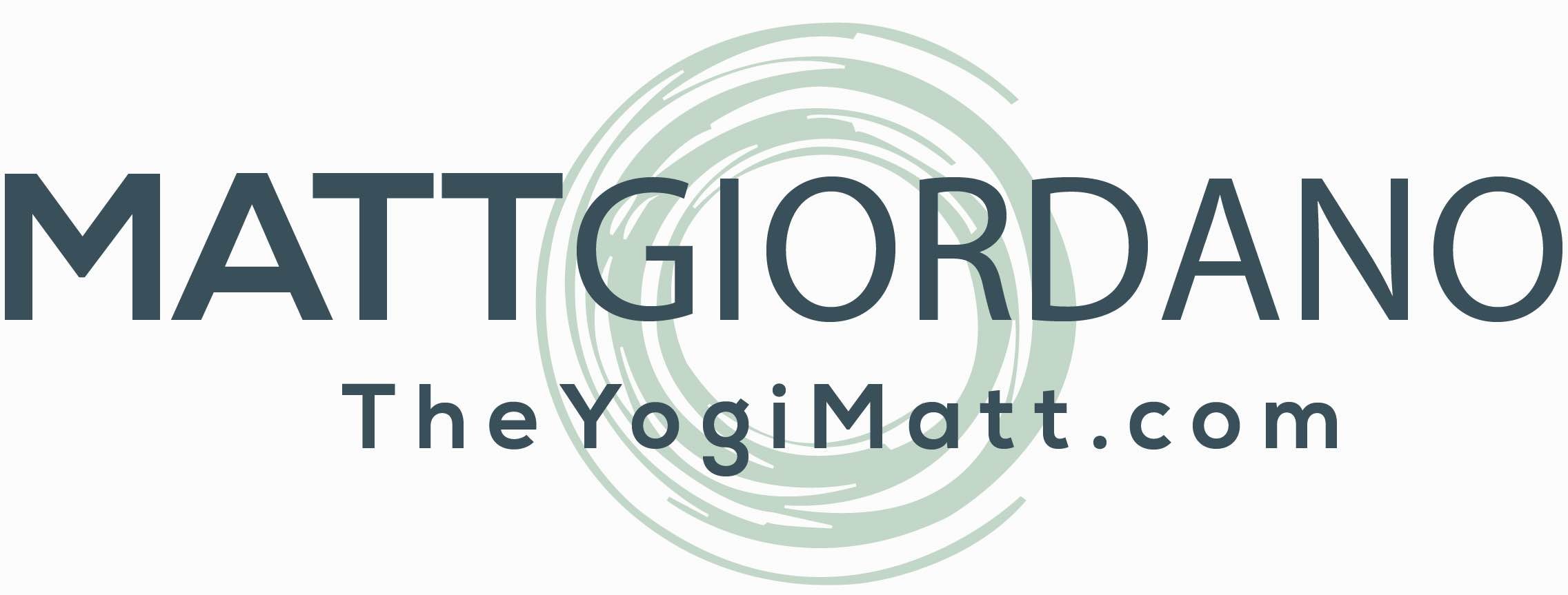
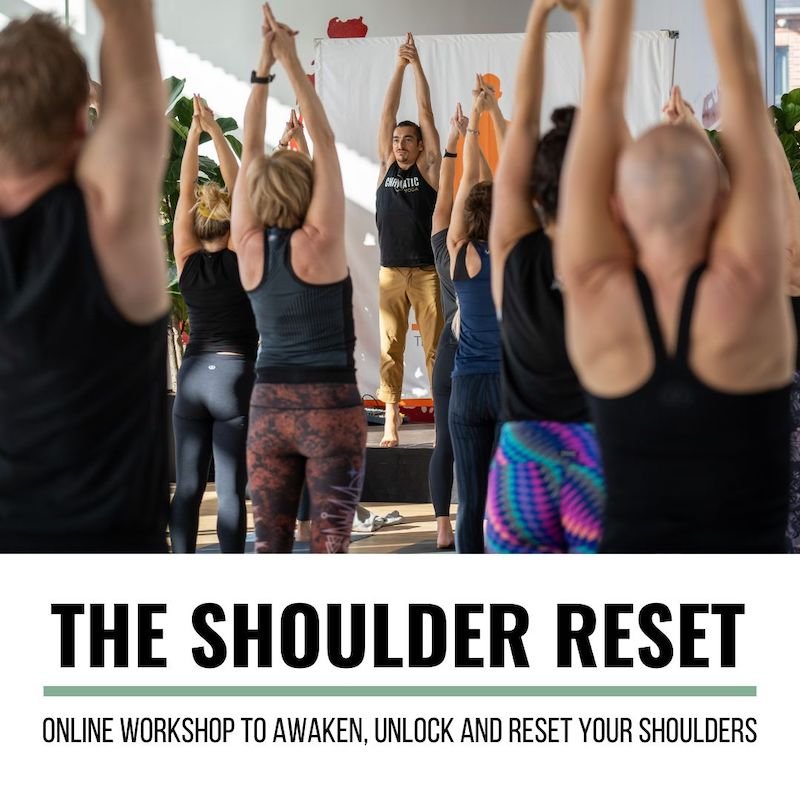



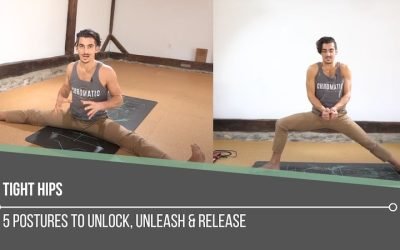
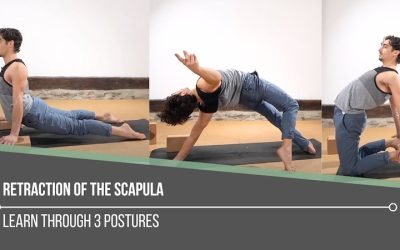
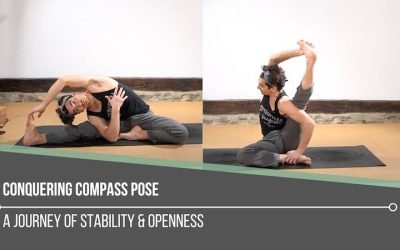
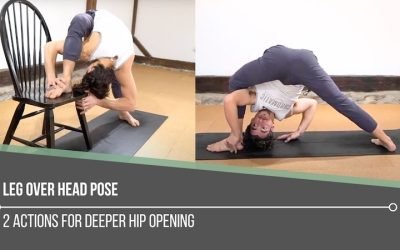
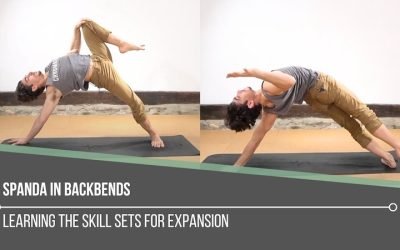
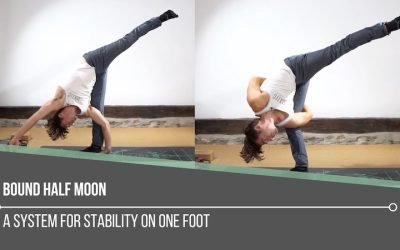



0 Comments